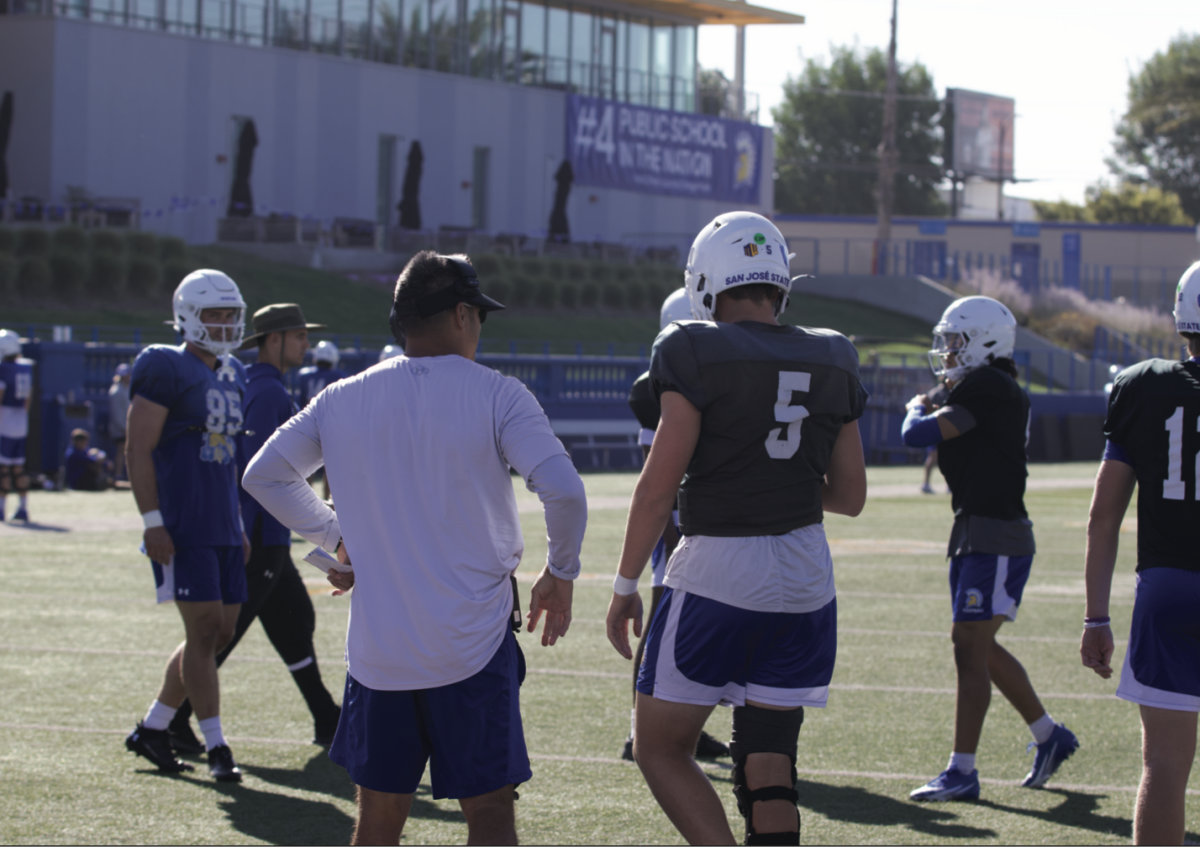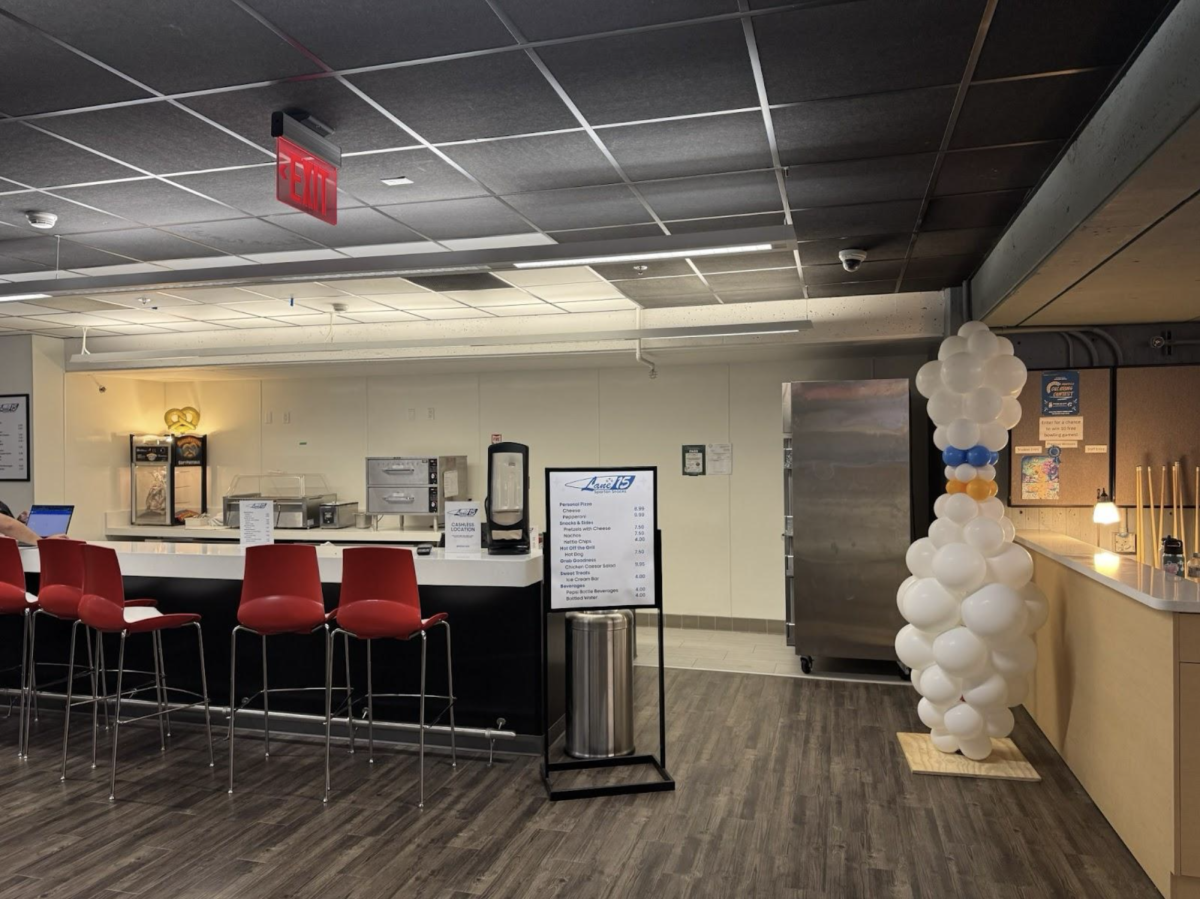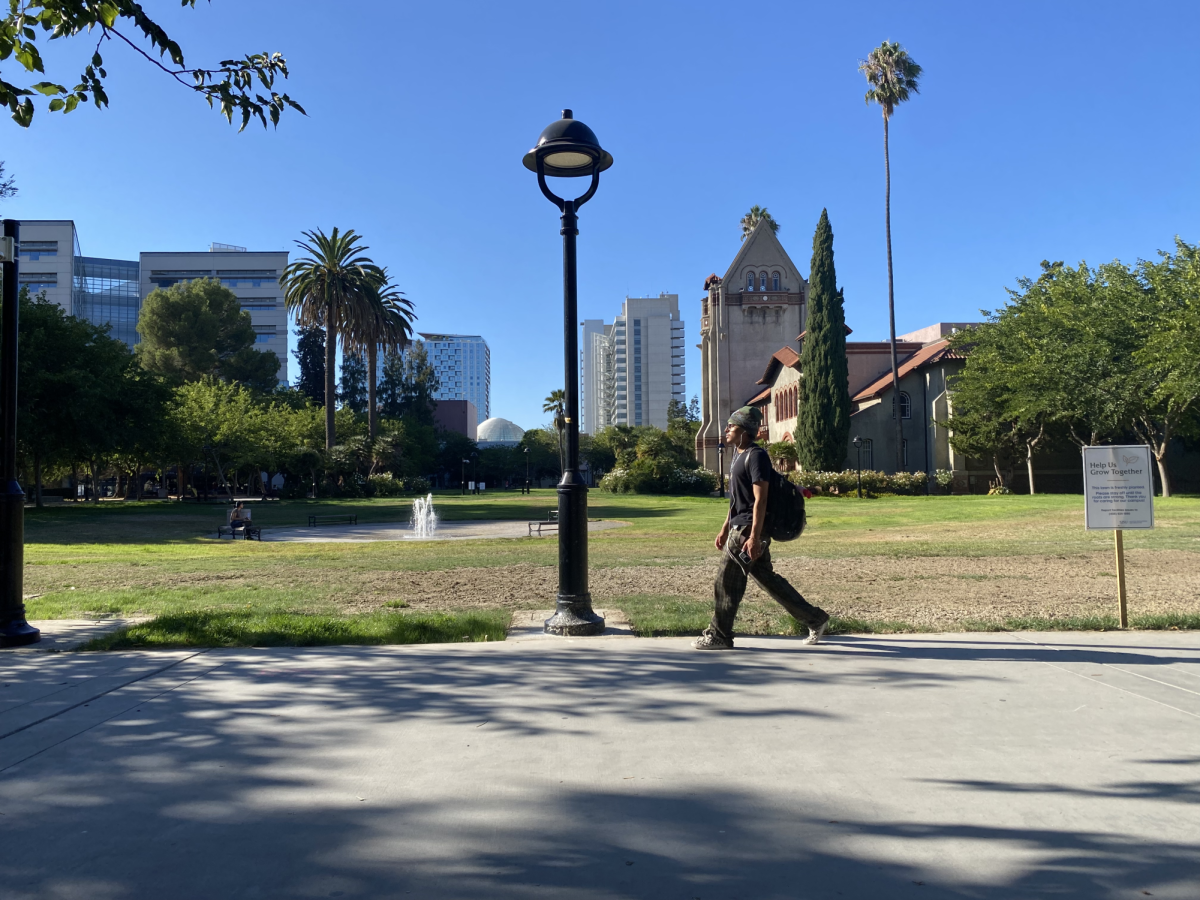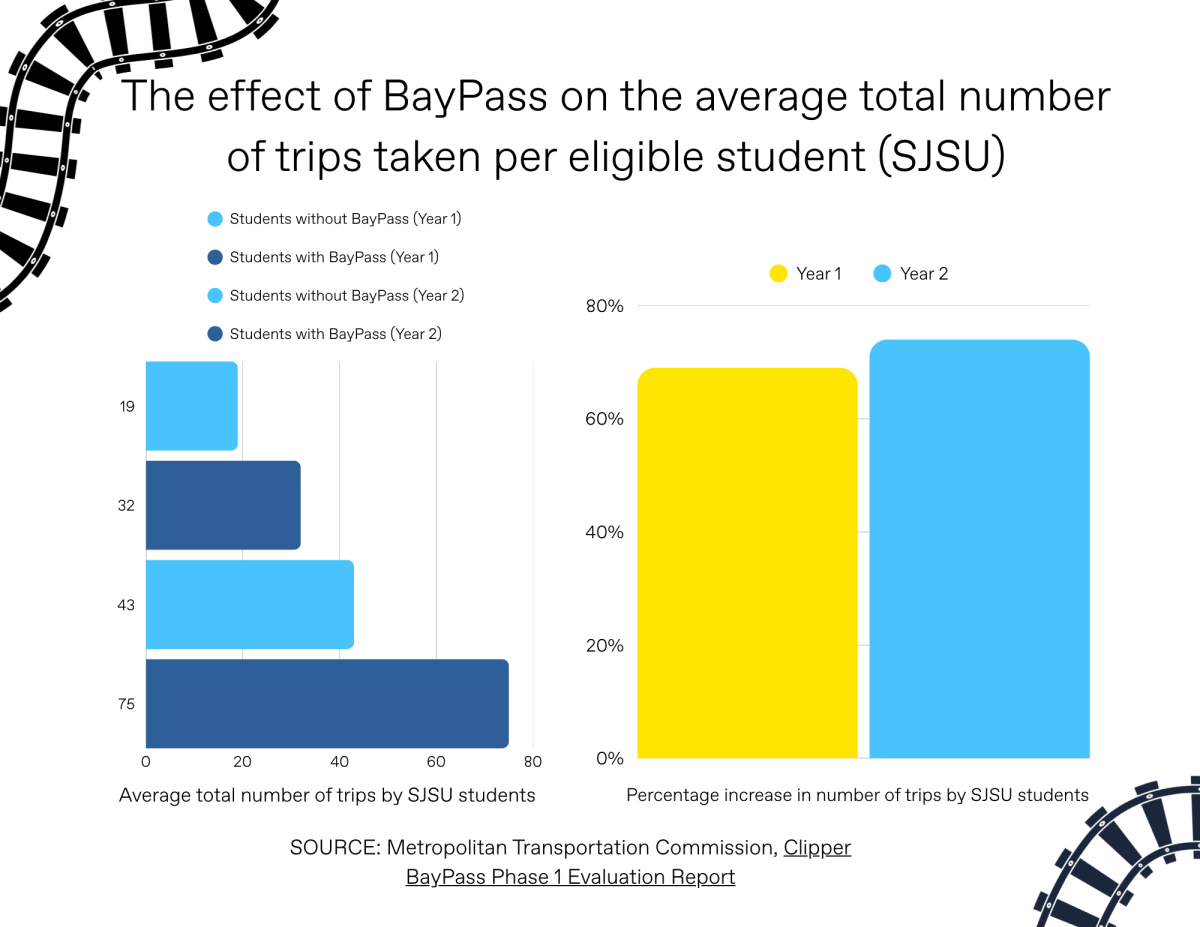Morra Aarons-Mele, author of “The Anxious Achiever: Turn Your Biggest Fears into Your Leadership Superpower,” discussed how understanding mental health can be a strength for success on Thursday during a webinar.
She is the host of the “Anxious Achiever” podcast for LinkedIn Presents, LinkedIn’s podcast network, and was named one of Linkedin’s top 10 voices in mental health in 2022, according to the SJSU Alumni webinar.
Aarons-Mele said the first thing she wanted participants to look at the mental health challenge they may have from a different perspective.
“Often we think about mental health in a really, really stigmatized and scary and negative way,” she said. “And mental health is scary, I know this myself but when we look our scary fears in the face then we manage it.”
Aarons-Mele also said she wanted webinar participants to learn sitting in discomfort because it’s an essential leadership skill today.
“It takes courage to face our demons…unless we talk about anxiety, depression, OCD, bipolar disorder, even ADHD and how it shows up for us, we will not move through,” she said.
Aarons-Mele said anxiety is a powerful contributor to how people act and how they work, but it isn’t talked about enough because of shame.
“Even though my podcast is really successful and it has a big audience, it’s hard for me to get executives to come on the record with me and talk about their mental illness,” she said. “I think they worry their stock price might tank if they expose the vulnerability. And all of this happens because successful people typically hide how they feel.”
Aarons-Mele said this is because old models of leadership taught that when people appear anxious and need help, it’s a sign of weakness and others will view them differently.
“We’re all feeling vulnerable and so we need new models of leadership and new models of talking about it,” she said.
Aarons-Mele brought up Abraham Lincoln as an example of a powerful leader who struggled with his mental health.
She said it was a well-known fact that Lincoln had depression and anxiety.
“You know, Lincoln from a very young age, asked for help. He had friends who took him in,” she said. “He had people that he could lean on. He had friends and colleagues later when he was in the White House, who would hide razors from him because he had suicidal ideation.”
Aarons-Mele continued by saying the former U.S. President was one of the greatest leaders because his anxiety made him an empathetic leader.
This empathy allowed him to connect with people in the Civil War including widows, grieving parents and soldiers.
“Great leaders know themselves. What do I have to do with Lincoln? Not much . . . But when you understand your anxiety, and what it’s telling you, when you learn to leverage it, I do believe that it can be a leadership superpower. It may not feel like it now but anxiety can enhance those leadership skills,” she said.
Aarons-Mele said she thinks very few clinicians would ever call anxiety a superpower and she is not calling it a superpower by itself.
“We don’t feel in control so anxiety is kind of everywhere. How could it not be? And anxiety is a stress response, it’s a response to a perceived threat. It’s an ancient emotion,” she said.
Aarons-Mele said anxiety has kept people alive because it teaches them about threats to avoid.
“And that’s why you can think of a moment when you’re about to do something you really care about or you’re on a deadline or you’re about to give a talk or something that matters to you is about to happen and you feel that rush of anxiety,” she said.
Categories:
Author turns anxiety into success
April 18, 2023
Story continues below advertisement
0






































